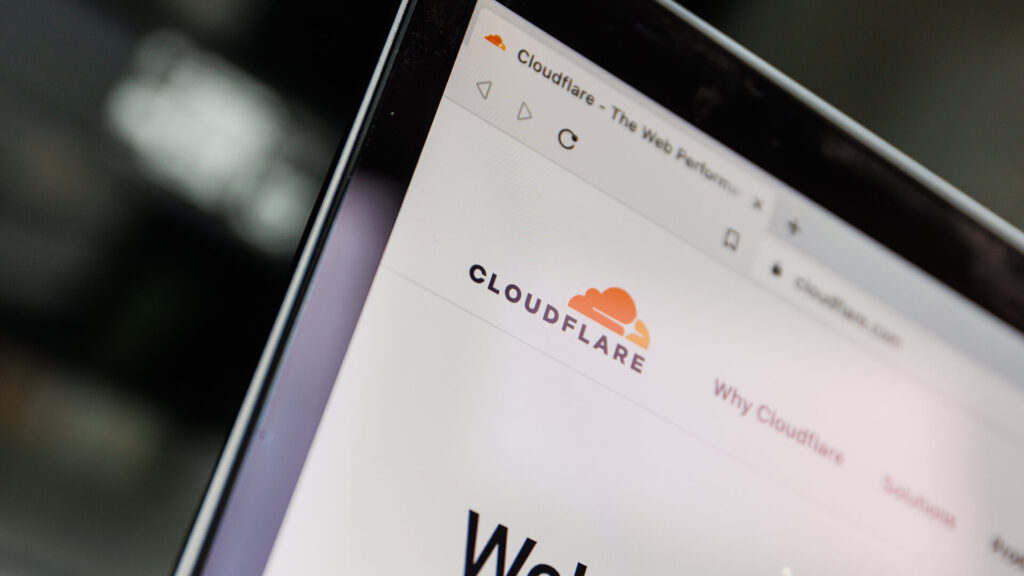Are you thinking of contacting us to help with your next digital project? By now, you probably have a good idea of what you’d like your website to achieve. For example, are you selling products or advertising an event?
But what other features should your website have? It’s not enough to simply have a website; it also needs to be modern and user-friendly to stay ahead of the competition. To help guide you, we’ve put together a list of 10 must-have features for a modern website.
1. Mobile-responsive design
With a large number of consumers accessing the internet through their smartphones and tablets, having a website that is mobile-responsive is no longer an option but a necessity. It ensures that your website adapts to different screen sizes, which provides a seamless user experience no matter the device used.
2. Fast loading speed
Nobody likes a slow website. Slow-loading websites lead to an increase in bounce rates, which can negatively impact the overall user experience. Make sure your website loads quickly by optimizing images, minimizing HTTP requests, and using a content delivery network (CDN) like Cloudflare. You can find out more about website hosting here.
3. Intuitive navigation
Your website’s navigation should be straightforward and intuitive. Visitors should be able to easily find the information they are looking for without having to click through multiple pages. Use a clear and organized menu structure to make it easier for users to explore your site.
4. High-quality visuals
The use of high-quality visuals such as photos, videos, and graphics can grab the user’s attention and make your website stand out from the competition. Make sure to optimize all images for fast loading speed and use appropriate alt tags for improved SEO. Did you know we have access to multiple services providing high-quality imagery and videos?
5. Clear and concise copy
Clear and concise copy can help visitors quickly understand your website’s message and products or services. Use headlines and subheadings to break up text and make it easier to read. Avoid jargon and keep paragraphs short to improve readability.
6. Contact forms and social media links
Visitors should be able to contact you easily. Including a contact form, email address, and phone number can provide visitors with a direct line of communication. Additionally, linking your social media profiles on your website can help increase your online presence and provide another way for customers to engage with your brand. Have you also thought about a live chat or WhatsApp option?
7. Search functionality
Adding a search bar to your website allows visitors to quickly find what they are looking for. Implementing search also assists with website navigation, making it easier for visitors to find and explore related content.
8. Security features
If you’re collecting user data, it’s essential to have proper security features in place. Installing an SSL certificate ensures that data is encrypted when passing between a user’s browser and your website server.
9. Analytics tracking
Understanding your website’s traffic and visitor behaviour is key to improving your website’s performance. Installing analytics software such as Google Analytics can provide valuable insights into your website’s traffic, bounce rates, average session times, and more. Click here for some Google Analytics tips.
10. Accessibility features
Making your website accessible to all visitors is important. Including features such as alternative text for images, transcripts for videos, and a colour contrast checker can help people with disabilities better navigate and use your website.
Incorporating these 10 must-have features into your website can help increase credibility, ongoing traffic, and an overall positive user experience.









